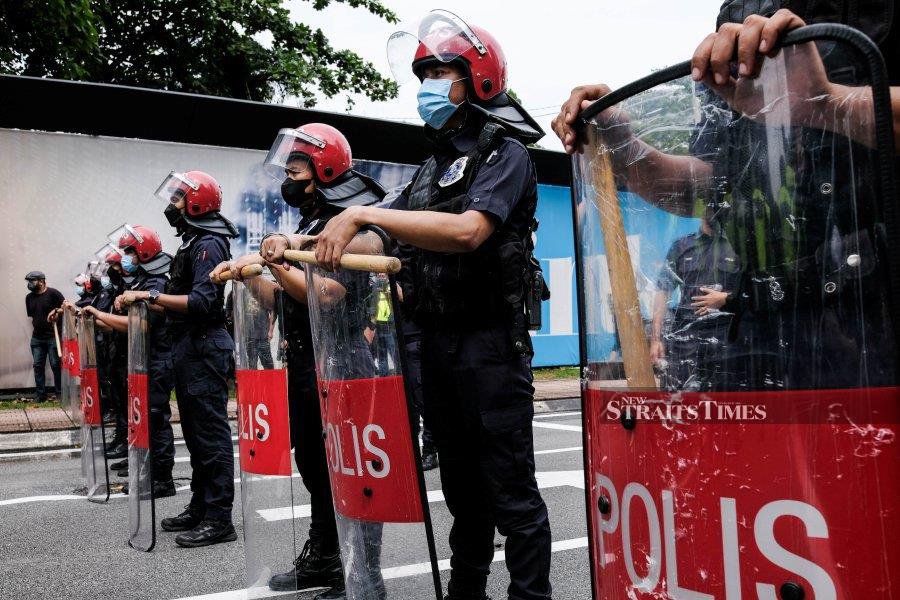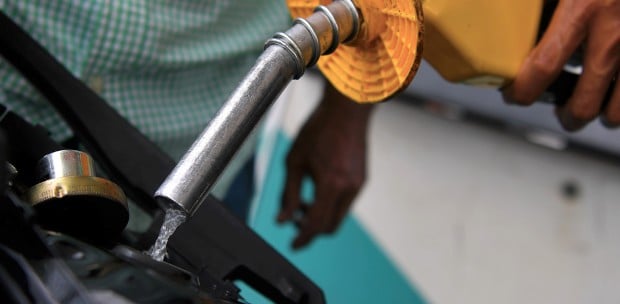SOON another state will have an election. Johor has a dissolved legislature and we await the date of the election.
Interestingly, Johor, always a Barisan Nasional (BN) stalwart, fell into strange disarray in the last election.
BN lost its pre-eminence and the seats were shared as if the electorate was playing musical chairs. Every party had a seat, even Pas secured a single seat.
In the end, it took a toll. Umno's Datuk Hasni Mohammad is the third menteri besar since 2018. Before the dissolution, he led with a one-seat majority.
It cannot be denied that what set the political chaos in motion were the massive corruption that led to the prosecution of a former prime minister and the subsequent guilty verdict.
To the casual observer, the corruption charges are indeed a political game-changer and opposition politicians are working hard at keeping it going.
"Rasuah Busters", the action group keeping the anti-corruption momentum going, is pushing hard to recreate the same sense of disapproval that got Malaysia to its state of political confusion.
The past week saw a rerun of Bersih rallies which gave us the political instability and infighting.
Street demonstrations as a political instrument began many decades ago when students demanded freedom and social justice. In the latter case, they fought for the urban poor demanding homes and lands. The earliest rural-urban migration produced no steps to ensure housing for the urban poor. Instead, the poor set up squatter settlements, which were demolished by the authorities.
The students were very much a part of the struggle of the poor but were defeated with brute force. This was in the late 1960s and early 1970s.
The student leaders then were (Datuk Seri) Anwar Ibrahim, now leader of the opposition, Hishamuddin Rais, then seretary-general of a student union, and (Dr) Syed Hamid Ali of the People's Socialist Party.
As the leaders graduated from the universities, the student-led demonstrations lost their ferocity given the government's tough handling of the situation. Universities lost their autonomy and Hishamuddin became a refugee in London.
Then came the street protests in support of Anwar, who was removed from his government positions and imprisoned.
These "Reformasi" protests of 1998 allegedly had the support of the visiting American vice-president, Al Gore.
Indeed, peaceful demonstrations are very much a democratic attribute. But what legitimises them as such?
While fighting for social justice against an intransigent government (which, though chosen by the electorate, has little concern for the economic interests of the people) must surely be democratic, methods that seek to diminish the primacy of the Rule of Law cannot be.
For instance, if a crime is perceived to have been committed, the law must act to determine if a crime has indeed been committed and pursue the case to its logical conclusion.
Indeed, the Bersih campaign against the former prime minister had shown itself to be effective but that it has turned into some kind of circus is not a good reflection of the legal system.
Surely, political parties are duty-bound not to manipulate public protests? Online protests by members of parliament based on informed awareness are more conducive to building a participatory democracy.
As the philosopher John Stuart Mill so succinctly expressed, democracy can become a "dictatorship of the mediocre". For instance, when freedom of expression is interpreted as being without parameters.
The author is a former NST Leader writer






